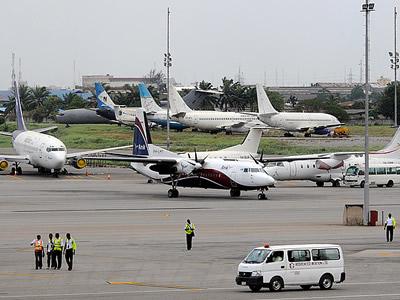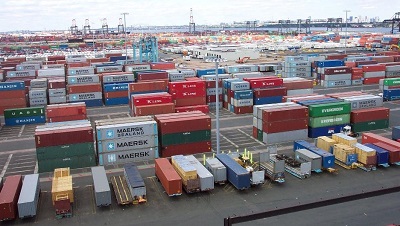ON THE SPOT MANAGER
Managing African Migrant Endemic At Mediterranean Sea
According to the International Organization for Migration (IOM) report on Friday last week, at least 1,500 migrants, mostly Africans seeking greener pastures in Europe, have perished in the Mediterranean in 2018.
This makes it the fifth straight year the Mediterranean has recorded such a colossal loss and it begs the question of what African governments are doing to correct the unfortunate trend.
While reports by the United Nation’s migration agency revealed that the route between Libya and Italy has being the deadliest, claiming the lives of one in 19 persons; Spain has overtaken Italy as the preferred destination, registering nearly 21,000 migrants so far this year, almost more than all of last year.
The death rate on the western Mediterranean route to Spain is about one in 70 migrants, he added.
In all, about 55,000 migrants have reached European shores so far this year, against more than double that number at this time last year, 111,753, it said.
Italy – whose new government has closed its ports to rescue vessels – has had about 18,130 migrants arriving by sea from Libya this year, with the rest going to Greece, Malta and Cyprus.
“It’s important to note two things: one is that despite incredibly low numbers arriving to Italy, the per capita death or the rate of death per 1,000 people may be at its highest point since the emergency began,” IOM spokesman, Joel Millman, told a Geneva news briefing.
Referring to the 1,500 death toll, he said: “It’s only once in the previous four years (that) this mark has been reached later than this date in July and that was in 2014 when the emergency was really just starting.”
More than 600 African migrants forced their way through the heavily fortified border fence separating the Spanish North African enclave of Ceuta from Morocco on Thursday, using circular saws, shears and mallets to cut through the wire.
“What we can say is that the first indications that we are getting from the Spanish authorities is that it is the West African migrants that were most prominent crossing into Libya in the past couple of years who seem to be choosing Spain as their route now,” Millman said.
African governments must take actions to ensure its citizens can afford the basic necessities of life to curd this menace even as the populace should be enlightened on the hazards of travelling via the Mediterranean sea especially on overcrowded boats.
African nationals should be encouraged to invest and grow their respective nations rather than seek asylum in developed countries. There are multiple opportunities for business, employment and investment and it’s the duty of government agencies to channel the minds of the citizens to these areas rather than frustrate them to travel abroad.
Experts have also called for the need to take coordinated actions against the human traffickers. While the international community should be supporting the security forces in Libya, Egypt and Tunisia to catch the gangs that operate this murderous trade and seize their boats while they are still at ports, the respective governments should equally take strategy steps to curb the menace.
There should be intelligence gathering and sharing between security experts across frontiers as part of efforts to minimize the deaths at sea. It should be on bringing maximum disruption to the organized criminal networks that profit from those deaths.
But let’s not fool ourselves that a more comprehensive search-and-rescue mission or a war on the people smugglers alone will solve the problem. While conditions in Libya and elsewhere remain so desperate, there will be many thousands of people who judge that the chance of a better life in Europe – however slim – this remains a risk worth taking to such folks.






